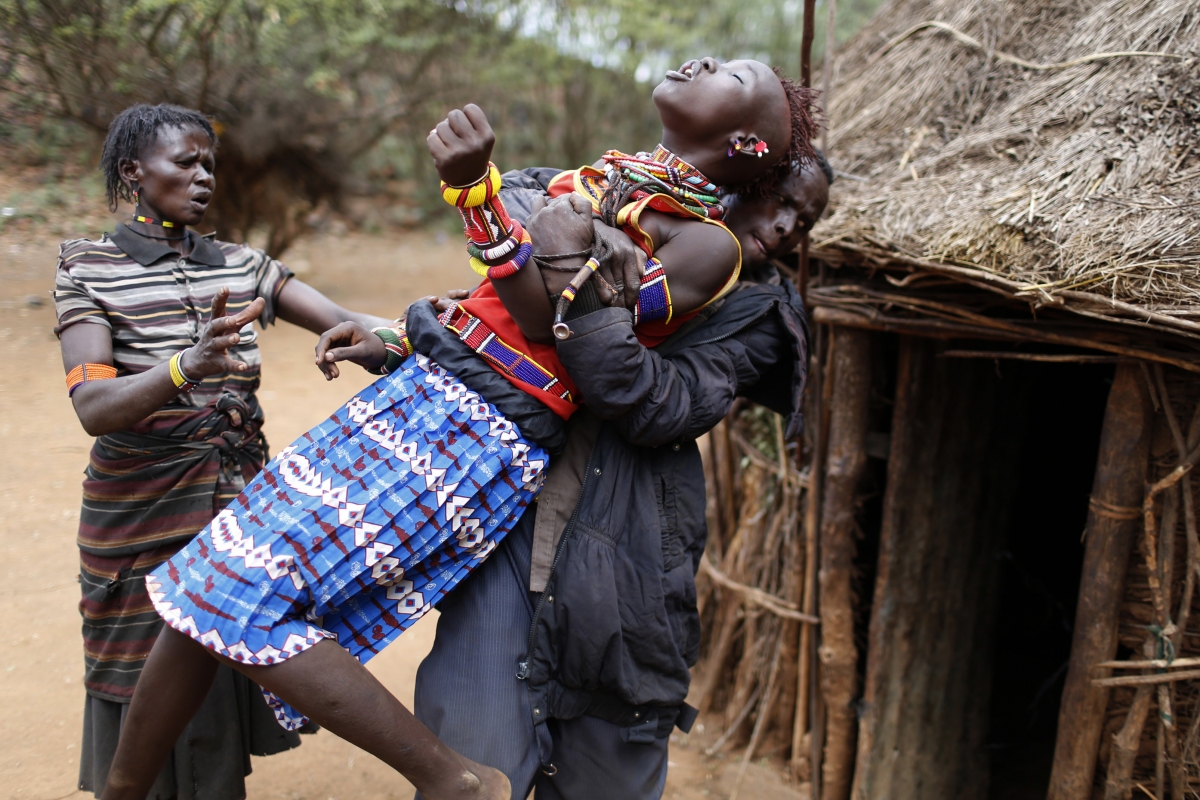Meaning of Human Rights
Human
rights refer to all those rights
which are inherent in our nature and without which we cannot live as human
beings[1]
meaning that by virtue of birth, you automatically acquire these rights. Such rights often include the rights to life
and liberty, freedom of thought and expression, and equality before the law.
Human rights are entitlement to everyone so long as
they are human beings; they should not be sought, bought or inherited. And all
human beings regardless of their gender, race, tribe, religion, origin or
political ideology are entitled[2].
Having seen briefly the meaning of Human rights I now
turn to critically discuss extract in the light of Tanzania and lastly conclude
my work.
Main
discussion of the extract.
Tanzania has ratified various convention of human
rights such as Universal
Declaration of Human Rights 0f 1948, The African Charter of Human and People’s
rights[3],
Convention on the Elimination of all forms of discrimination against women 1979 all of which aim at promoting and
protecting human rights thus requiring member states to formulate laws and
policies and reforming laws which are discriminatory in nature of which
Tanzania has adhered to some extent especially the Law of Marriage Act Cap 29 R.E 2002 and the Land Act Cap 113 of 1999 which are true symbols of human rights
protection.
Tanzania
has also embedded human rights as the bill of rights in the Constitution of
United Republic of Tanzania[4] which starts from Article 12 up to 29. The
essence of placing them is to protect them since the Constitution is regarded
as the grund norm of the Country another words the mother law of the Country
and whichever law that does not conform to it is null and void.
It
should be construed that human rights are put in writings so as to enlighten
Tanzanians and other people elsewhere but their existence occurs immediately
when the baby comes into the world
In
the Mtikila’s case Lugakingira J.[5]
stated that
modern constitutions like our own have enacted
fundamental rights in their provisions. This does not mean that the rights are
thereby created; rather it is evidence of their recognition and the intention that
they should be enforceable in a court of law.
In connection to the extract, Justice Lugakingira
explained it very clearly that the enactment of human rights is just an
evidence to show that they are recognised and enforceable therefore.
It is further stated that after the inclusion of the
Bill of Rights into the Constitution of United Republic of Tanzania[6],
many people enforced their rights through courts of law and the Courts tried
their level best to recognise human rights a case in point is the case of Bunzari Mpiguzi where the court held
that
section 24 of the Fourth Constitutional Amendment Act
1984 unequivocally provides that nobody should be deprived his property
contrary to law and without compensation commensurate to the value of such
property if such deprivation is necessary[7]
Due to the recognition of the human rights in Tanzania
some discriminatory laws were declared by the Courts as null and void most
especially customary laws that always oppressed women. Another reference is
drawn In the High
Court decision of Ndewawiosia Ndeamtzo
v. Immanuel Malasia.[8] The appellant was
chaga by tribe and the last daughter of the deceased father, she (appellant)
was claiming for the recovery of the land that was left to her father’s nephew.
The Respondent had inherited the said land on the ground females are not
entitled to inherit clan land. The Respondent asserted that the prior to the
deceased’s death, the deceased had asked him
to take charge of the land. The Court ruled in favour of the appellant
thereby stating Rule 20 of the Local Customary Law (Declaration) No. 4
Order 1963, GN. 436 of 1963 was discriminatory, it was therefore declared
as null and void.
In
order to ensure promotion and protection of human rights the government also
established special Commission to deal with human rights which is established
by Commission
for Human Rights and Good Governance Act, [9] the commission is empowered to receive complaints in
violation of human right, conduct inquiries, advise the government and to deal
with various issues concerning human rights. The Commission is also included in
the Constitution of United Republic of
Tanzania[10]
under Article 129 to 131
respectively.
Challenges
concerning human rights in Tanzania.
The great challenge is public awareness concerning
human rights in Tanzania most especially in villages. Many people in the
villages still abuse other people’s rights the victims being women and
daughters therefore the government needs to ensure that various seminars are
conducted especially in villages to make people aware of their rights.

Winding up
the discussion
In winding up the discussion human rights belong to
every individual and they stand independent from the law because they exist
naturally by the virtue of birth. However the government is set to recognise their existence as they act as an alarm to the
citizens, so as not to infringe them. On the other hand these rights are not
always absolute especially in the commission of crimes. One can automatically
wave some of the rights for instance when one is jailed.





0 comments:
Post a Comment